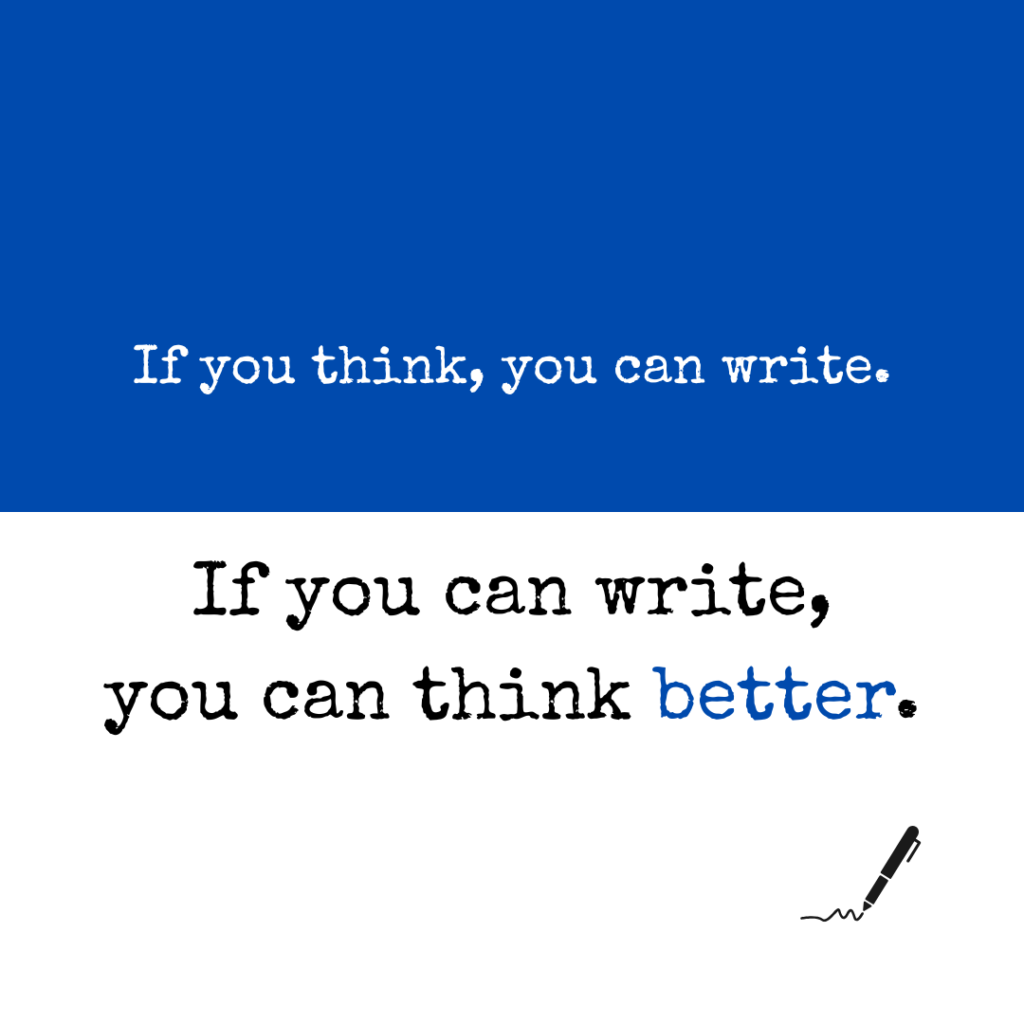Last week, a friend recently asked me, “Sathya, I’m not a writer. Why should I even write?”
You don’t have to be a writer to write. You just have to be someone with thoughts, experiences, and a desire to make sense of them.
In my recent essay, Don’t Die with Your Story Still in You, I talked about the importance of not keeping your stories locked inside. This essay is it’s natural next step—writing, even if you’re not a writer.
Writing isn’t just about storytelling; it’s about thinking, reflecting, and making sense of your experiences.

If that essay was about why you should share your thoughts, this one is about how to start—without overthinking, without fear, and without waiting for permission.
Why Write?
Writing is not just for famous authors, poets, or influencers. It’s for everyone. You don’t need to write for fame, money, or likes. Write for yourself. Write for your own being.
Writing isn’t like painting, sculpting, singing, or dancing. Unlike other art forms, writing is the most accessible creative outlet for ordinary people like us. You don’t need a studio, expensive tools, or a talent for melody. All you need is a pen and paper—or a blank screen and a keyboard.
But in the age of AI, is writing still worth it?
Why Write in the Age of AI?
AI can digest more information than any human alive or dead. But there’s one thing it will never have—your experiences.
For example, AI can tell you all about Goa—how wonderful it is, how fun it is, how cool it is. But only you can tell how Goa felt to you. How you planned the trip at the wrong time—during the monsoon season—but still had fun biking in the rain, drinking hot chai, and eating egg Maggi at a local tapri (true story).
That’s something AI can never replicate.
AI can generate information. But it cannot experience life.
And that’s why you should write.
- Writing is thinking.
- Writing is clarity.
- Writing is self-discovery.
When you write, you’re not just documenting thoughts—you’re making sense of them.
How to Write (Without Overthinking)
So how do you start writing?
1. Write to One Person
If you write for everyone, you’re writing for no one. So, picture one person you want to write to. Not a crowd. Not the whole internet. Just one particular person. Write to them.
2. Write Like a Conversation
Don’t write like a professor. Don’t write like you’re drafting a textbook. Write as if you’re having a late-night conversation with a close friend over a cup of chai. Share your insights, your ideas, your experiences—just like you would in a deep, thoughtful conversation.
3. Write Like an Email to a Friend
Imagine a friend is in trouble. They have questions. Doubts. Uncertainties. You’re writing to help them, to clarify their thoughts. Write as if you’re sending them an email filled with your best advice.
4. Write Even If No One Reads
You are not writing to get famous. You are not writing to get likes and comments. Those are just bonuses—happy side effects. Write because it helps you. Don’t expect anything in return.
Practical Tricks to Start Writing
1. Write Easy, Not Perfect
The harder you try, the more resistance you create. The more resistance, the less you’ll write. So try easy. Give yourself permission to write at 70% effort. If it turns out great, wonderful. If not, no problem. Just write.
2. Use a Timer
I always write with a timer. I start with two minutes. If I feel the flow, I continue for five, maybe ten. But when the timer stops, I stop. I take a break before resuming. This keeps writing effortless and sustainable.
3. Write Without Fear
Forget grammar. Forget sentence structure. Forget correctness. Just write. Editing comes later—that’s a different process. Right now, just get words out of your head and onto the page.
A Fair Warning
Writing isn’t for everyone. Some people express themselves better through music, painting, or movement. If writing doesn’t feel right for you, that’s okay. Find what works.
But if writing does call to you—even a little—don’t ignore it.
Start writing. Even if no one reads. Even if it’s messy. Even if you never show it to anyone.
Because the act of writing is its own reward.
Happy writing.
Leave a Reply